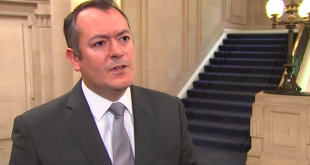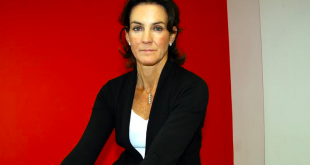Prominent banking and financial services firms have noted an increase in the use of gambling blocking software, as consumers try to curb their spending.
In the face of rising costs of living throughout the winter, coupled with the usual monetary pressures of the Christmas period, Monzo is one provider which has seen an upsurge in usage.
The open banking company revealed that 50,000 of its customers had used its internal gambling blocking solution in the past two months, as reported by PA News Agency.
This is a third more than the number of people using the firm’s blocking tool in the previous six months, whilst the bank also revealed that it had blocked 20% more transactions than the year prior.
Natalie Ledward, Monzo’s Head of Vulnerability, Access and Inclusion, told PA that the company’s gambling block service had taken on heightened importance due to the impact of rising living costs on people’s budgets.
“Amid the cost-of-living crisis, we know that tools like our gambling block are more important than ever in providing customers with much needed support,” she said. “It’s a great example of the kind of tools banks can put in place to help vulnerable customers.”
Meanwhile, traditional banking firms Lloyds Bank and NatWest and JPMorgan’s open banking app Chase have also incorporated similar features on their apps
Of significance, Lloyds became the first UK high-street bank to offer personalised gambling spending limits to its customers last month.
The bank cited research which suggested that, based on a survey of 1,557 people, half of consumers wanted to see financial providers take further action to prevent gambling harm.
Commenting at the time, Philip Robinson, Director, Personal Current Accounts at Lloyds Bank, said: “For several years, we’ve helped our customers ‘turn off’’ gambling spend. Our newest feature lets customers set a personalised gambling spend limit, helping them better manage their money and establish boundaries around certain spending behaviour.”
Rising costs of living have been earmarked as a major concern by gambling harm prevention charities such as GambleAware and GamCare, along with the 2022 FIFA World Cup.
Zoe Osmund, GambleAware CEO, described these factors as a ‘perfect storm’ for sports fans to ‘resort to gambling as a way to cope’ with a heavier financial burden last month, as the charity launches a World Cup update of its ‘Bet Regret’ ad campaign.
Additionally, GAMSTOP’s last update in July revealed that over 300,000 people had registered with its self-exclusion scheme, with 43,500 joining in the first half of the year, averaging 7,000 per month.
On the other hand, UK Gambling Commission (UKGC) data shows that there has not been an explosion in gambling activity over the past year, and that the retail sector is still feeling the impact of 2019-2021 COVID-19 restrictions.
Although the number of people gambling has risen since 2020 – betting both in person and online rose by 27% as of October 2022 – the UKGC asserted that ‘remains lower than pre-COVID levels’.









